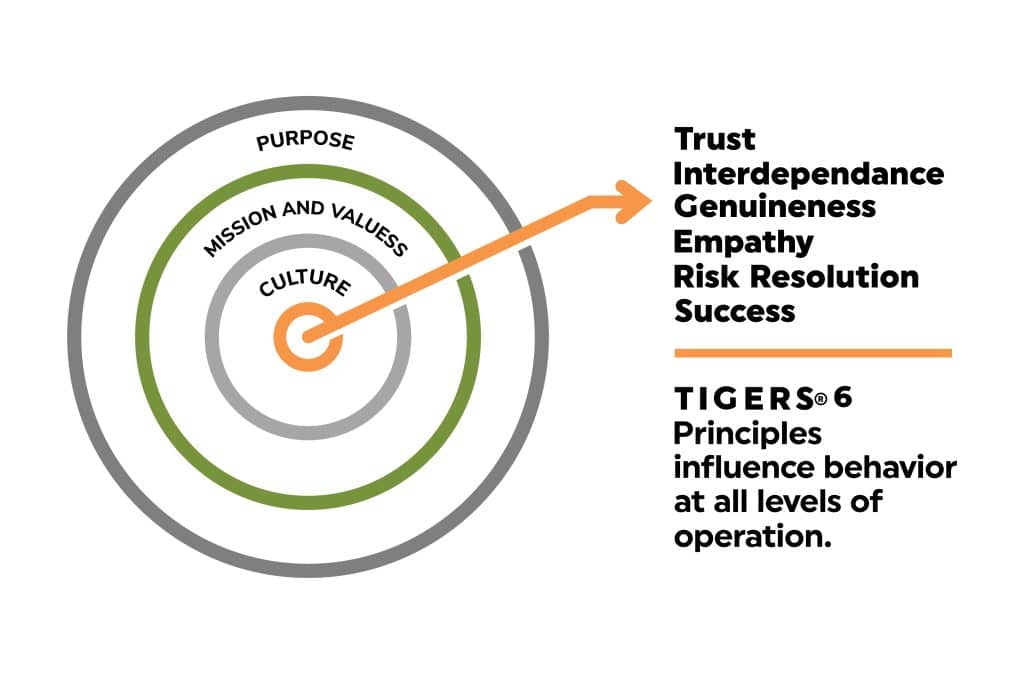The late Mary Kay Ash, American businesswoman and founder of Mary Kay Cosmetics is known for her business empire, splendor, and unparalleled success during her time. One of her lasting remarks regarding praise and how to praise your performer has made it into the books of many mentors. She said, “There are two things people want more than sex and money: recognition and praise.”
Praising your performer should be the easiest, no-brainer thing to do at work. Yet giving it isn’t as simple as it seems.
Recognition and praise are two powerful expressions any leader or mentor can give to their team. If well-deserved and delivered well, it gives people the drive and the motivation to go beyond what’s expected of them. With organizations, however, the impact is colossal. According to Gallup giving praise impacts a company’s retention, as well as its bottom line. From a human psychology perspective it taps into a powerful sense of belonging.
However, knowing that a person deserves praise and giving it to them are two entirely different matters. It’s a given that leaders must make this a regular habit. But more important, HOW praise is given is just as crucial. Do this wrong, and the praise you give loses impact over time.
How do you properly praise your performer and any person in the workplace?
The following five suggestions offer actionable solutions you can start implementing today,
Spot the Hero
Did someone in the frontline solve a difficult issue? Don’t let them go unnoticed! Simple notes or a formal letter commending them for a job excellently done can make all the difference. Even the act of taking the time out to thank them can mean a lot. Not all accomplishments merit a plaque, but recognition for the small things (that in the end, are the ones that make a difference for the company), go a long way.
Spot the Unsung Heroes, As Well to Praise Your Performer
The thing about the consistent and reliable people at work is that they are also the types many managers take for granted. Often, they’re the ones that prevent mishaps and accidents. And yet when the proverbial shi* hits the fan, it’s the louder heroes short of wearing a cape that gets the spotlight. Don’t forget the lady who seems all sullen and yet is the first to rush into the fire to save the organization.
To avoid missing out on anybody, create star performers in every role. And then ensure that every role is performed at a high level of excellence. Take careful note that even the most junior or those in the lower salary grades in the organization can be recognized. If you see consistency and quality, they deserve praise as well. Not sure how to say it? Try something like: Hey that customer the other day was unreasonable and downright rude. I just want you to know that I appreciate your patience and how consistent you are with the work you do in this branch!”
Make the Effort to Check Their Records
Keeping track of everyone’s performance becomes a challenge as your team grows. Therefore, what you see as opposed to what they actually accomplish when you aren’t looking can be completely different.
With this in mind, it may be worth the time to dig into recent work, and instead of finding what’s wrong, find what they have been doing right and praise them for it.
It’s easier, of course, to catch your team doing something wrong. Typos, bugs, inaccuracies, errors… unfortunately, focusing on what’s wrong can easily discourage your team. If you see your employees putting in the effort, take the time to catch them doing right.
Be specific with your praise. By being particular, they know you are paying attention. They will also be more likely to put in the results you look forward to.
Give Your Underperformers A Chance
Praise for top performers is par for the course. To keep them motivated to stay and not look for recognition elsewhere, they need to hear it from you. But those who are struggling need to be praised just as well.
How? By trying to turn their performance around.
Mentoring someone and praising them for their progress can make a huge difference. As kids, learning to throw a ball, roller-skate, ride a bike or play a sport were huge challenges. We failed many times before we did it right. Often what helped us push forward was someone who believed in us – a coach, a parent, guardian, family, or friend. We may no longer be children, but the same motivating factor applies. Praise your future performer by saying how he/she has improved or how much time and effort they put into their project.
Help Them See The Bigger Picture
The last piece of the puzzle is PURPOSE. It’s easy to feel lost in a big organization. Many who report feeling burned out expressed how insignificant they feel in the scheme of things. But those who have been made aware of how their tasks impact raising money or improving quotas for the department, show significant efficiencies in their tasks with fewer instances of feeling stressed or burned out.
Subconsciously, we all want to feel part of a higher purpose. The benefits and perks of a job, while much needed and appreciated, are simply not enough.
We discuss praise, recognition, and group dynamics as part of our TIGERS 6 Principles™ Collaboration and Engagement Platform.
We’ve helped America’s Top 100 Companies significantly improve their bottom line and retention by applying the TIGERS 6 Principles™ to their training programs.
We can help your organization reach its full potential.
Copyright TIGERS Success Series, Inc. by Dianne Crampton
Better managers create better work cultures
The TIGERS 6 Principles Leadership Fundamentals training that comes with SHRM recertification credit is a self-paced, virtual learning experience with coaching handouts, activities, assessments and more. A personalized Q & A call is also included where you can ask questions and explore your strategies. This course prepares your organization’s managers to engage and connect with employees, strengthen trust, interdependence, genuineness, empathy, risk resolution and success in the workplace and measurably improves your bottom line.
About TIGERS Success Series, Inc.
TIGERS® Success Series is the homesite of the TIGERS 6 Principles. The TIGERS 6 Principles is a robust and comprehensive collaborative workforce and high performance cross-functional team system. Founded on four years of research and subsequent validation, TIGERS offers group behavior assessment based on six collaborative principles – Trust, Interdependence, Genuineness, Empathy, Risk Resolution and Success. Follow up training, coaching, consulting and licensing is available to independent consultants and qualified coaches, project managers and internal HR professionals. A Bend, Oregon based company,
Schedule a conversation today!


